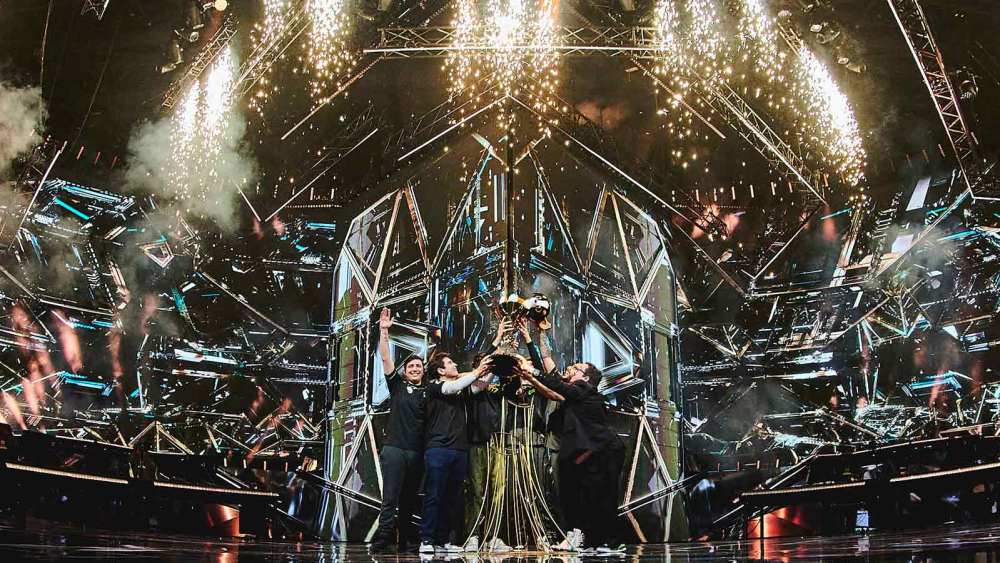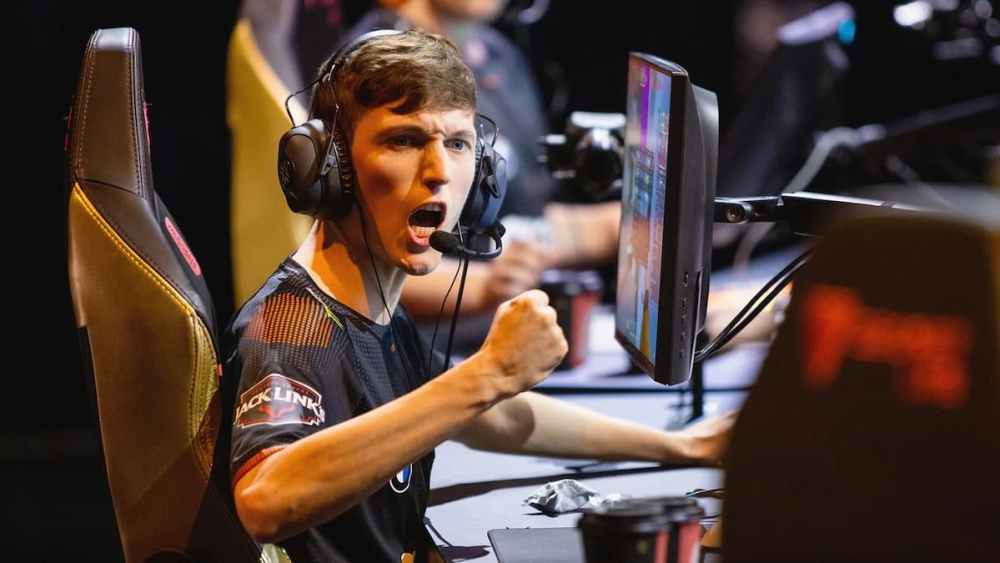Parla Esports. Ever heard of them? Me neither, and I’m pretty up to speed with the European Valorant esports scene. Well, did you at least know that over the weekend, the Turkish team went on a blistering run through the G-Loot Valorant Clash tournament that featured a bunch of high-profile teams? They nearly won the whole thing, as it turns out, only narrowly losing out to Navi in a grand final that went all five maps.
Yes, that Navi, the former FunPlus Phoenix roster which now includes superstar Mehmet “cNed” İpek. To get to the grand final, Parla also beat Team Divinity (who beat FUT in the previous round) and Giants along the way, which is significant given that both FUT and Giants are franchised VCT 2023 organizations. That’s not bad for a bunch of no-namers, and it was so nearly even more. It was just one map win away from a fairytale run to win the entire tournament and go down in history as an esports story for the ages.
Now, Parla’s success deserves celebration, but the real reason I’m drawing attention to it is to highlight a sobering reality we’re all faced with as Valorant esports fans next year: for all the excitement that comes with Riot Games’ franchising of the Valorant Champions Tour in 2023, we’re going to be robbed of these sorts of fairytale stories moving forward.

If you’re in the know when it comes to franchising, then you’re already on the same wavelength with respect to what the means for Valorant esports moving forward, but for those who aren’t, I’ll recap. 2023 marks a new era for Valorant’s esports scene as it moves from an open circuit to a franchised one. Only the 30 esports organizations that have been hand-selected by Riot Games to join its partnership program will compete in the top tier of Valorant moving forward (including Brazil’s Loud, pictured above).
Next year, there won’t be any wild cards as there have been in the past. You won’t see, say, a Parla Esports coming from nowhere to beat some of the world’s best teams; gone will be the days of Built By Gamers toppling the mighty Sentinels in open qualifiers as they did in 2021. Once a team is franchised, that’s it — they will always be guaranteed a spot in Valorant’s Tier 1 scene, and they can’t ever be relegated (save for some unexpected breach of contract).
Now, it’s worth mentioning that there’s a heck of a lot of good that comes with franchising. As I’ve explained in my detailed franchising overview article, it brings stability to the game’s esports scene. I think it will genuinely help grow Valorant, and it’s a necessary step to ensuring that its ecosystem thrives moving forward. There’s no doubt, too, that Riot Games deserves a huge amount of credit for its forward-thinking approach to franchising, including a promotion system for Tier 2 teams and the fact that it’s actually paying partnered teams rather than demanding a fee to be involved.
Unfortunately, though, none of that changes the fact that we’ll be missing Parla Esports-like success stories that an open circuit system promotes. You’re not going to see hard-working, talented teams burst onto the scene in that type of fashion in Valorant’s tier 1 scene anymore, and that’s kind of sad. These are the types of stories that are such a big part of what makes esports exciting — or any sport, for that matter. Everybody loves an underdog; everyone loves to celebrate unexpected success and the achievements of those who work hard and reap their rewards. Franchised leagues don’t really allow for that, and they don’t promote meritocracy.

Of course, there will be plenty to be excited about next year. The new super-rosters that are being formed, all the new personalities, and there are new esports organizations involved in VCT 2023. And it’s true, too, that the Tier 2 Ascension teams do have a way to become promoted, as I alluded to earlier — though, it’s a long-winded process and hardly the same as having the potential for some random team to go crazy and pop off as you might see in an open circuit.
Time will tell whether the benefits of what franchising promises to bring to Valorant esports is a worthy tradeoff for reducing the competitive integrity of the Tier 1 scene. I suspect it’s likely to prove the case; after all, we want Valorant esports to continue on long into the future, right? Still, I’ll certainly miss having the wildcard factor that creates magic like Parla Esports’ G-Loot Clash run, and I’m sure I won’t be the only one.
